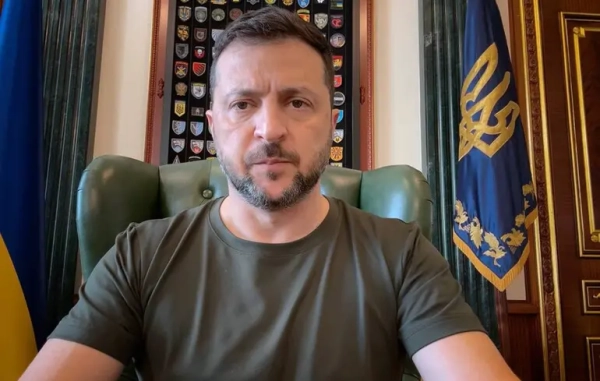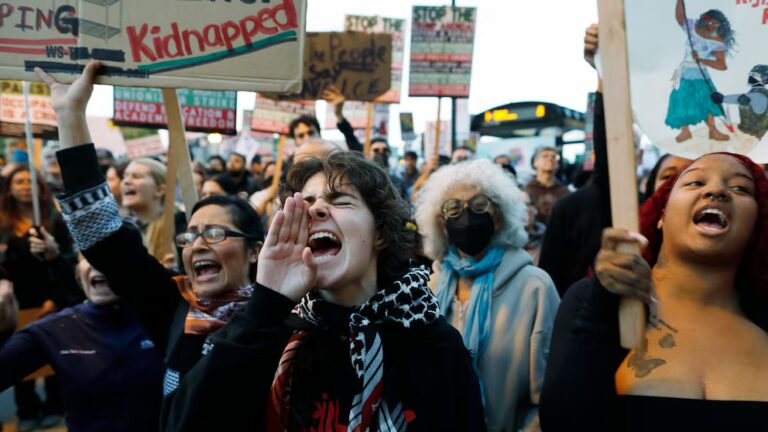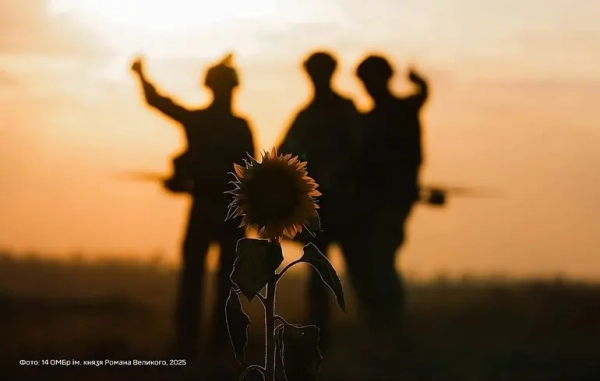
Israeli leaders are considering “other approaches” to a truce with Hamas, Prime Minister Benjamin Netanyahu said Friday after Israeli and US negotiators were recalled, further clouding prospects for a deal.
Mr Netanyahu's comments came hours after a Hamas spokesman indicated that discussions would likely resume next week, calling the withdrawal of the Israeli and American missions a means of exerting pressure.
The groups left Qatar on Thursday after President Donald Trump's special envoy Steve Witkoff said Hamas' final response to the proposals showed a “lack of commitment” to a truce.
Mr Witkoff added that Washington would explore “preemptive steps” without giving details.
In a press release from his office, Mr Netanyahu repeated: “Hamas stands in the way of an agreement on the return of the hostages.”
“Together with our American allies, we are exploring other ways to return our captured citizens, overthrow the Hamas terrorist government, and ensure lasting calm for Israel and the entire region,” he stressed.
There were no specifics. Israeli authorities did not specify whether the talks would take place next week.
The Trump administration has failed to make progress on a ceasefire agreement between Israel and Hamas, amid worsening humanitarian conditions in Gaza.
Pressure on Israel has increased as hunger among the Strip's more than two million residents has worsened and deaths from malnutrition have risen.
Over the past 24 hours, more than twenty Western countries and over a hundred charitable and human rights organizations have demanded an end to hostilities, harshly condemning the Israeli blockade and the model of aid delivery it has implemented.
Charities and human rights activists report that even their own staff are struggling to get enough food.

On Thursday, French President Emmanuel Macron announced recognition of Palestine as a state, stressing: “The most important thing now is to stop the fighting in Gaza and save civilians.”
Hamas spokesman Bassem Naim said on Friday that he had been told that the Israeli delegation had flown home for consultations and would return early next week to continue truce talks.
The two sides held several weeks of talks in Doha, noting weak signs of progress but failing to achieve significant results.
Sources say the key stumbling block is the withdrawal of Israeli units after the ceasefire.
The contract under discussion calls for an initial 60-day lull, during which Hamas would gradually release 10 live hostages and the remains of 18 more in exchange for Palestinians held by Israel.
The scope of assistance will be expanded and the parties will begin long-term discussions on a final ceasefire.

The dialogue reached an impasse due to incompatible demands to end the war.
Hamas says it will release all the captives only if there is a complete Israeli withdrawal and the conflict ends. Israel says it will not stop the operation until Hamas cedes control and disarms.
The movement announced that it was ready to give up power, but did not intend to surrender its weapons.
The hostages are believed to be held at various points, including tunnels, and the instructions are: when the army approaches, the order is to shoot the prisoners.
Around fifty of those captured remain in Gaza; it is estimated that less than half are still alive.
Meanwhile, Israel continued airstrikes throughout the Gaza Strip.
Gaza's Health Ministry said about 80 people had died since Thursday evening, most in the strikes and nine while seeking help.
One of the rockets hit a school in Gaza City that was being used as a shelter as people gathered for weekly Friday prayers.
The Associated Press reported that at least five people were killed, including an 11-year-old boy.
Sourse: breakingnews.ie






